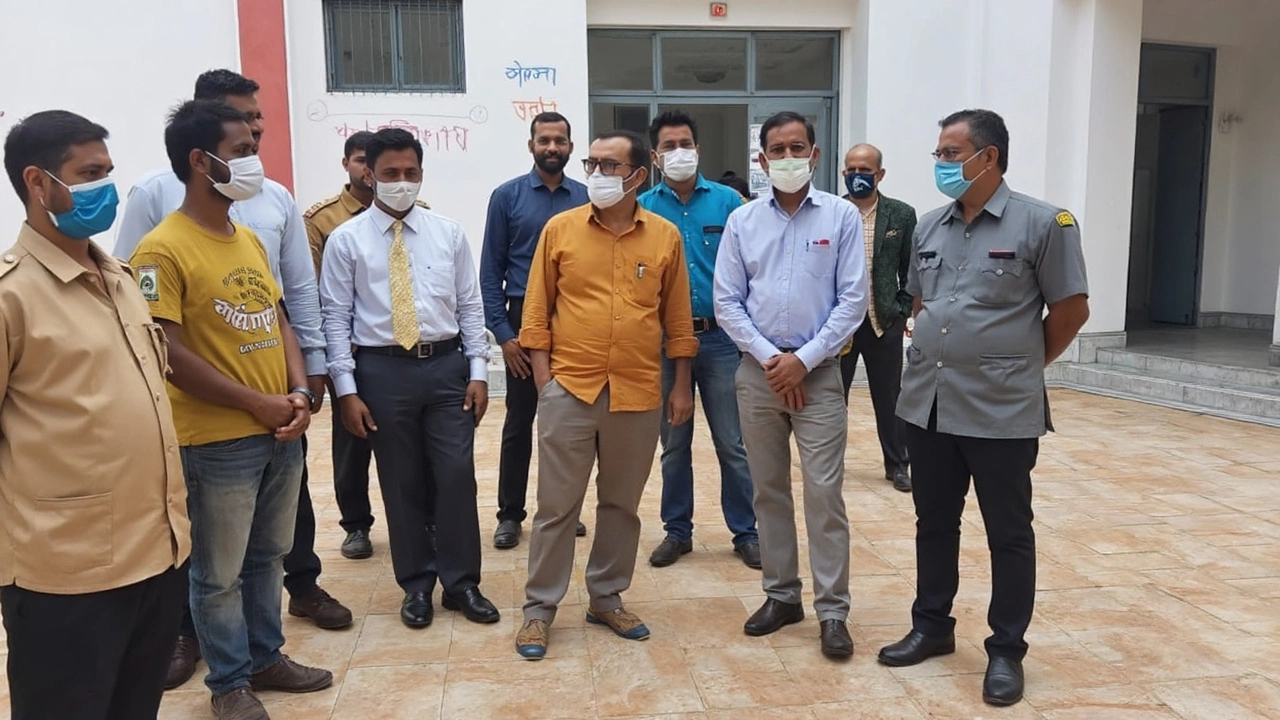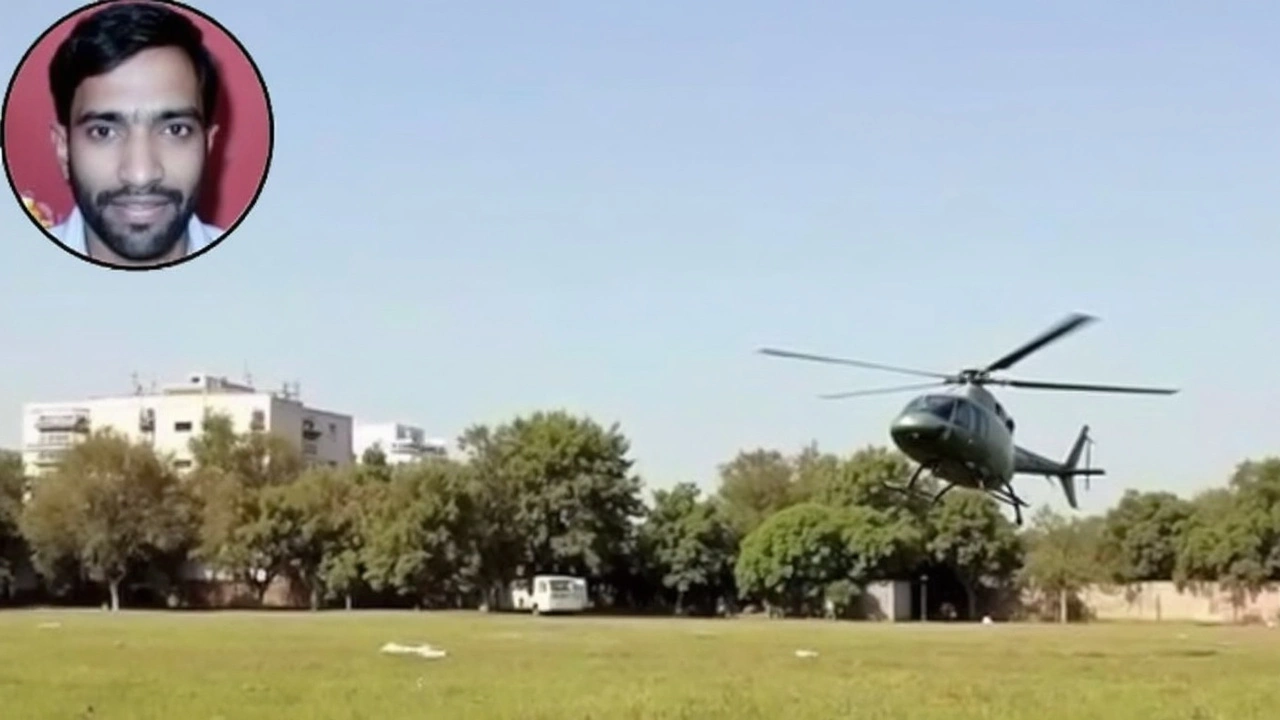
Former Jamtara MLA’s Death Leaves a Void—and Sparks New Political Feuds
Jamtara lost a familiar face in April 2021 with the death of Vishnu Prasad Bhaiya, a two-term MLA known for his steady presence in local politics. He died while receiving treatment for COVID-19 at a prominent Ranchi hospital. Friends and rivals alike shared memories of a man whose work on rural issues made him well-known far beyond the constituency's boundaries. Before the pandemic struck, Bhaiya had also battled chronic kidney disease, compounding the challenges he faced in his final days. His passing wasn’t just a blow to his family—it signaled a new era of uncertainty for his supporters and party workers across Jamtara.
The reaction from the political community was predictably intense. Tributes poured in, flooding social media and local news. While there weren’t any recorded high-profile visits from leaders such as Chief Minister Hemant Soren, local politicians and party activists gathered to pay their respects, both online and at small in-person gatherings—restrictive COVID-era protocols kept the usual crowds away. Conversations quickly turned to Bhaiya’s legacy: his reputation for straight talk, and his willingness to take up fiery issues in the Jharkhand Assembly. For years, he was recognized not just as an MLA, but as an approachable leader who favored direct dialogue over party posturing.

Chameli Devi Accuses BJP Leader of Election Threats
Bhaiya’s absence left a power vacuum in Jamtara. Into this space stepped his widow, Chameli Devi, determined to keep her late husband’s political ideals alive. She became a supporter of JMM’s Uday Shankar Singh during the hard-fought 2024 elections. But the battles of past years returned in a new form: in November 2024, Devi lodged a police complaint against BJP candidate Randhir Singh, accusing him of issuing personal threats and intimidation designed to push her out of the local campaign scene.
According to her complaint, Devi received abusive phone calls warning her to stop backing the JMM candidate. These weren’t just idle threats, she said—they included warnings of dire consequences if she continued her political activities. The incident didn’t happen in isolation. Across Jharkhand, stories of relatives of deceased politicians facing mounting pressure have emerged as elections bring old rivalries to the surface.
For Chameli Devi, Bhaiya’s widowhood became closely intertwined with her new public role. Allegations of intimidation showed the broader reality of politics in smaller towns like Jamtara, where the passing of a key leader often sparks new battles as different parties jostle for loyal voter bases and influence. When political families refuse to withdraw quietly, they sometimes risk going up against powerful local interests with deep pockets and long memories.
The police complaint put a spotlight on campaign tensions that go beyond public rallies and slogans. For many supporters of Bhaiya’s legacy, the battle lines were all too familiar—they’d seen years of sharp-edged political competition. Now, as Chameli Devi faces these challenges, Jamtara’s political future seems as uncertain as ever, shaped by both past loyalties and the rough-and-tumble realities of present-day campaigning.